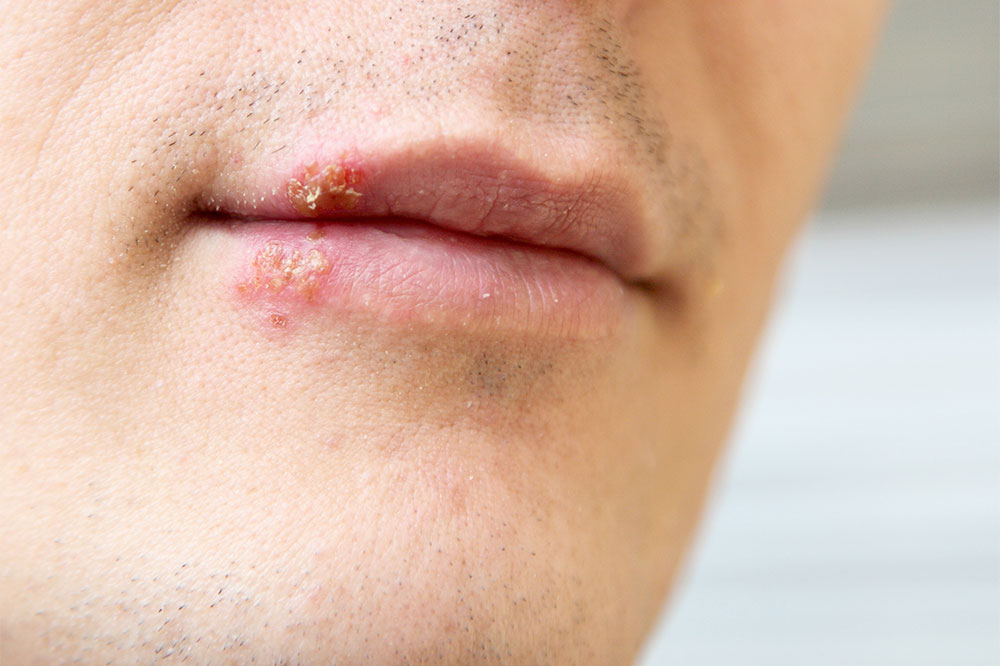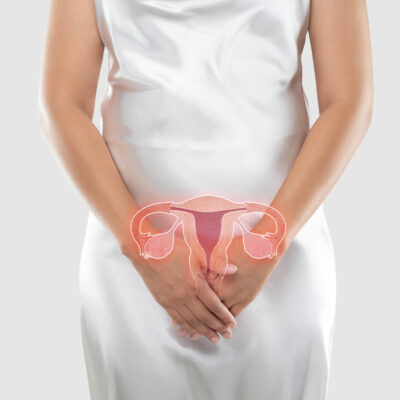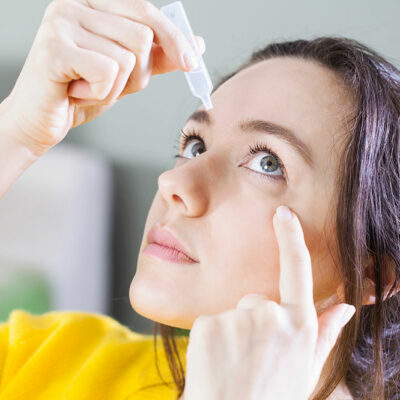
Triggers and Causes for Cold Sores
Cold sores are clusters of painful, tiny blisters caused by the herpes simplex virus (HSV). The sores are also known as herpes simplex labialis or fever blisters. The condition’s symptoms will be most severe the first time you get a cold sore. After that, your body may develop antibodies, and you may never develop another infection. But, what causes cold sores in the first place? Let us find out.
1. The herpes simplex virus
When asked about what causes cold sores, the most straightforward answer to this question is the herpes simplex virus. Typically, there are two kinds of HSV viruses: HSV-1 and HSV-2. The former is responsible for causing cold sores, whereas the latter leads to genital herpes. However, in both these forms, the actual sores are more or less the same. In many cases, it has been seen that HSV-1 leads to sores on the genital area, and HSV-2 causes sores on the mouth.
When your cold sores are visible, they are definitely communicable. But they can even spread when they are not visible. Generally speaking, if you come in contact with someone who has the HSV, you, too, are at an equal risk of contracting the infection. So, when you share cosmetics or food with an HSV-infected person, your susceptibility to developing sores is just as much. In addition, oral sex might result in the spread of both genital herpes and cold sores.
2. Reinfection
Unfortunately, there is no cure for the herpes simplex virus. But you can take active measures to manage the disease. After your sores have healed, the virus will remain dormant in your body. So anytime the virus reactivates, the new sores may develop. In some people, the frequency of outbreaks is more, especially when they have a weak immune system due to stress or other illnesses.
3. Dental treatment
Visiting a dentist might aggravate your risk of developing cold sores. During dental treatment, the pressure on your mouth area and lips is high. This increases the susceptibility to developing a cold sore blister. At the same time, the anxiety or stress that people experience when they have a dentist appointment can also result in a cold sore attack. To prevent a cold sore outbreak, communicate with your dentist about the same. However, if you already have a cold sore, pre-inform the dentist about it. Applying a cool compress onto your lip following dental treatment can also help.
4. Excessive sunlight
High sun exposure followed by fatigue and cold can raise your chances of developing a cold sore. There are a few key ways to guard yourself against the sun, such as staying in the shade and wearing sunblock or sunscreen, as well as a wide-brimmed hat.


